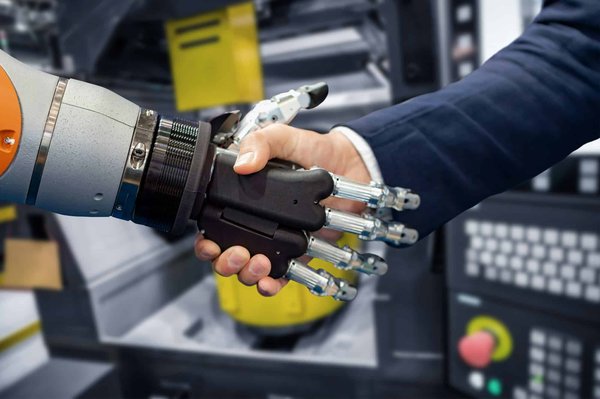The advent of artificial intelligence (AI) has brought about significant changes in several areas. Although this technology guarantees concrete advances in different sectors, it also raises concerns about its impact on employment. Several professions are likely to be disrupted by AI. Some are more at risk than others. This guide offers you the professions most exposed to transformations and job losses resulting from the rise of AI.
Automation and replacement of routine tasks
AI and automation have the ability to replace a large number of routine tasks across various industries. You can consult https://www.mychatbotgpt.com/ for more details on the role of intelligent tools in task automation.
Automation of routine tasks
Jobs involving repetitive and predictable processes are particularly vulnerable to this trend. For example, manufacturing jobs, such as production line operators, assembly workers, and machine operators, are increasingly automated through AI and robots.
Replacement of routine tasks
In the field of finance, for example, several professions related to data entry, data analysis and portfolio management are threatened by automation. AI algorithms are increasingly used to make investment decisions and execute stock trades. This reduces the need for human intervention.
Transport and logistics professions
The advent of autonomous driving technology poses a threat to jobs in the transportation and logistics sector. Taxi drivers, truck drivers, delivery drivers and freight agents are all likely to be affected by vehicle automation. Companies are investing heavily in the development of autonomous vehicles. Which could lead to a real reduction in demand for human drivers in the future.
AI advances in supply chain management could lead to fewer jobs in warehouses and distribution centers. AI systems can optimize storage, picking and delivery processes. Which thereby reduces the need for human labor to carry out these tasks.
Retail and customer service careers
AI is increasingly being used in the retail industry to improve customer experience and optimize business operations. AI-powered chatbots have become common for providing online customer support, answering customer questions, and handling inquiries efficiently.
This automation can reduce the need for human customer service representatives. Especially for routine tasks and simple queries.
Additionally, AI technologies are used for personalization of product recommendations and promotional offers based on customer preferences and purchasing behavior. This reduces the need for human salespeople to advise customers in-store and influence their purchasing decisions.
Accounting and finance professions
AI advancements in data analytics and machine learning have remarkable implications for accounting and finance professions.
Accounting professions
Many accounting tasks, such as data entry, financial statement preparation, and trend analysis, can be automated using artificial intelligence. Professionals in this field must be ready to adapt to technological changes. They must also be prepared to address data security challenges to stay relevant in an ever-changing competitive environment.
Financial professions
AI software has the ability to process large amounts of financial data quickly and accurately. This reduces the reliance on human accountants to perform these tasks. Although AI cannot yet fully replace financial professionals, it has the potential to change the nature of their work and reduce the number of jobs available in these sectors.
Artistic and creative professions
Although we often think that creative and artistic professions are immune to automation, AI is starting to have an impact in these sectors as well.
Artistic professions
AI algorithms can generate music, visual art, writing and films, challenging the need for human artists to create content. For example, companies like Google and IBM have developed algorithms that can compose original music by imitating the style of various classical composers.
Creative professions
AI software can generate works of visual art by imitating the style of famous painters or creating unique patterns and designs. Although AI cannot yet fully match human creativity, it raises questions about the future of artistic professions and how artists can collaborate with technology to create new forms of expression.
In summary, the advent of artificial intelligence has caused significant changes in the professional landscape. It is therefore essential to understand the implications of these revolutionary technologies and adopt appropriate policies and strategies to mitigate the adverse effects on the most vulnerable workers.
